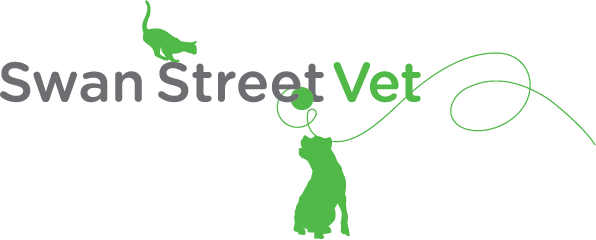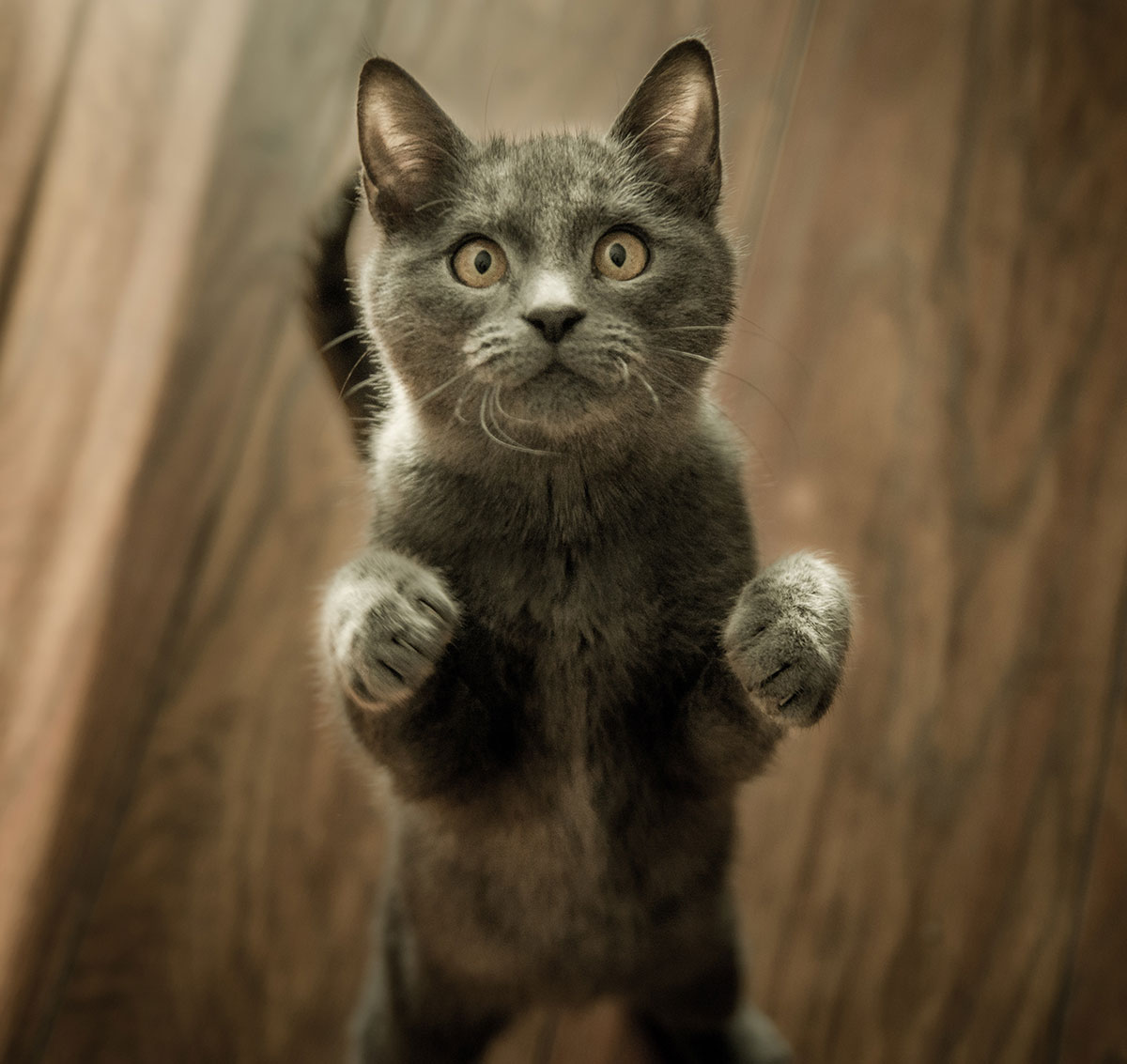It can be very overwhelming when trying to choose the best diet for your pet. There are so many options out there and each seem to claim to provide specific health benefits for your pet.
What is the most suitable diet for your pet? That’s easy! A diet recommended by us. When it comes to nutrition, we are able to give you educated information and recommend the most suitable diet for your pet, at every stage of their life. If your pet is young, old, overweight, underweight, arthritic or suffering from diseases such as kidney or urinary tract disease, we will be able to recommend the correct diet for your pet.
You may have also noticed that many pet food manufacturers promote their food as being ‘superior’ for containing ‘all natural ingredients’. All of the foods we recommend contain natural ingredients and these are precisely balanced for optimum nutrition. This means your pet won’t receive too little or too much of certain nutrients. This is a claim only particular brands can make.
What about grain-free diets?
Many people assume that grain-free diets are ‘more natural’ and carbohydrate-free. They also have the conception that grain-free diets are less likely to cause allergies. But none of this is true!
There has been no scientific evidence to prove that grain-free diets are better for our pets, but the growing number of these products on the market is giving the misperception that grain is bad for pets.
Some of the misconceptions about grain-free diets include:
1. Grains may be used as fillers in pet foods: The term ‘filler’ indicates there is no nutritional value. Various grain products provide protein, which may be easier for the pet to digest than some proteins from meat. Most dogs and cats (greater than 90%) can easily utilise and digest nutrients from grains normally found in pet foods.
2. Grains cause food allergies: Food allergies in pets are uncommon and grain allergies are even more uncommon. They are more likely to be caused by an animal protein (eg, chicken, beef, or dairy.)
3. Grains cause gluten intolerance: Coeliac disease is an inherited autoimmune disease seen in humans that has been associated with sensitivity to gluten proteins in wheat and grains, such as barley and rye. Gluten intolerance is extremely rare in dogs and nonexistent in cats.
4. Grain-free pet foods are carbohydrate free: Grain-free pet foods often contain carbohydrates from other sources such as sweet potatoes, which have a higher carbohydrate level than corn. Grains are carbohydrates, which are an important energy source, and one of the six basic nutrients required for a healthy life (i.e. water, protein, fat, carbohydrates, vitamins, minerals.)
If you are feeling overwhelmed and don’t know where to start with your pet’s diet, you should always ask us for information. We will help you make the best choice when it comes to your pet’s nutrition.


